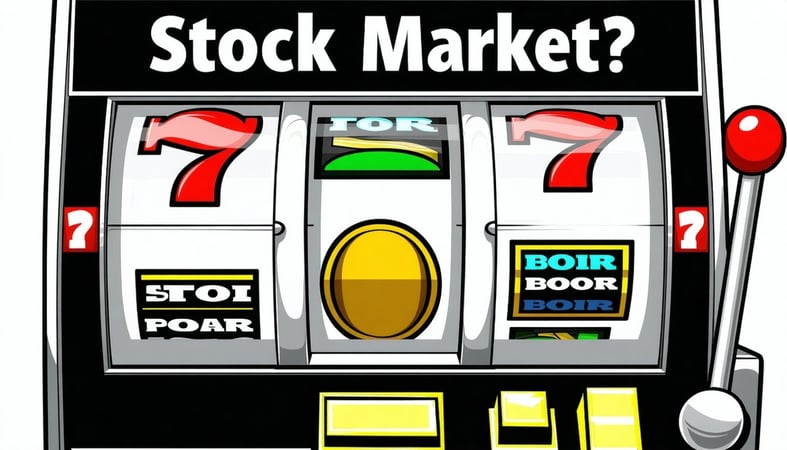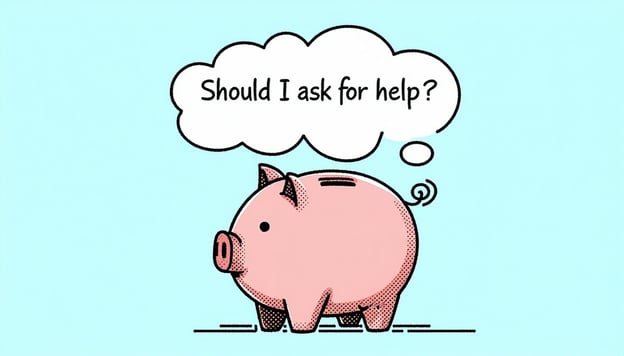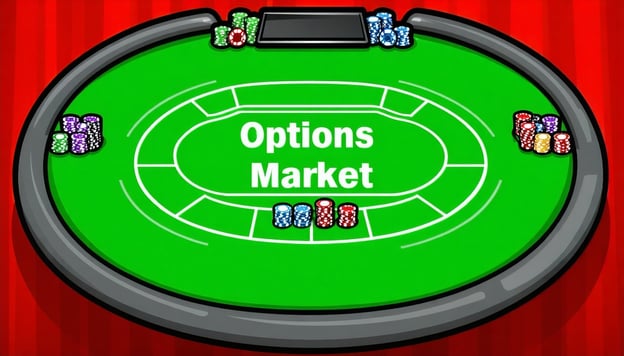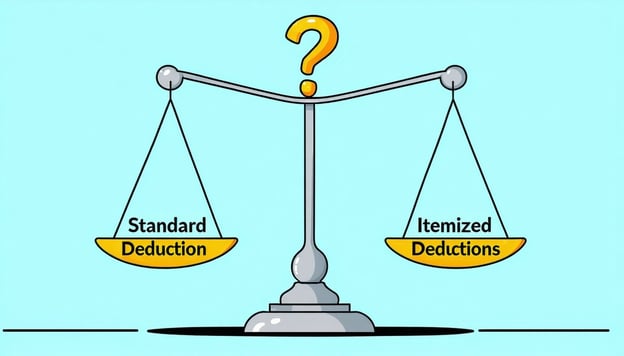When Do Investments Become Gambling?

Dear Friend in Finance,
One of my close friends has gotten really into trading lately. At first it seemed harmless — even kind of exciting. He would tell me each morning about trades he'd made, which honestly went over my head. He kept talking about how much money he was making, and I figured maybe he was onto something.
But now he’s really pushing me to try it too. He says there’s a lot of money to be made if you’re smart about it. But I did one trade he recommended and lost money. Then he said I hadn't done it correctly.
I’m not sure what to think. Is this something I should take seriously… or is there something else going on here?
Sincerely,
Do I Dare?
Dear Do I Dare?,
If this is your first time investing, it can absolutely feel scary and confusing—especially when the person introducing you to it isn’t explaining things clearly. There’s good reason to approach this with caution, because most people’s version of investing is little more than gambling with a spreadsheet.
There’s an old rule when it comes to casinos: the house always wins. And yet, there’s no shortage of people claiming they’ve figured out “the secret” to beating the system. Why? Because those systems are expertly designed to take our money—and make us feel like winners while doing it.
Before we get into how investing started to resemble gambling, it helps to understand how the gambling industry perfected turning people into losers.
Studies on mice showed how to create addiction. A mouse was trained to press a button to receive a pleasurable brain chemical. Simple enough. But then researchers discovered that if they made the rewards random instead of consistent, the mice became obsessed. They’d press the button over and over, faster and faster, thinking they were in control—when in reality, they were chasing randomness.
That research was applied directly to slot machines. The machines were programmed to deliver small losses, with just enough wins to keep players hooked. But over time, the outcome was predictable: slow, steady loss. The biggest innovation in gambling wasn’t in delivering big jackpots—it was in creating a smooth, nearly unnoticeable glide path downward.
Now, take that same concept and apply it to many of today’s trading apps. The short-term gains, the flashy notifications, the confetti when you make a trade—it’s the same behavior loop. People open the app, get a little dopamine hit, lose slowly, and stick around hoping the next click will be the big one.
Worst of all? Because most people don’t track their results systematically, they don’t even realize how much they’ve lost. They think they’re “almost even” or “just in a dip,” when they’re actually bleeding capital over time.
So, you're absolutely right to feel concerned. Many people today have confused investing with speculating—or even gambling.
Red Flags to Watch Out For:
- The person talks up how exciting it all is
- They mention guarantees or sure things
- The approach requires constant attention and quick decisions
- It feels like you’re always chasing the next move
Green Flags of True Investing:
- There’s a systematic, rules-based approach
- Emotion is deliberately removed from decisions
- There’s a clear long-term plan, not a short-term play
- It uses diversified, long-term asset allocation, not single-stock bets
If your friend is describing trades that sound exciting, intense, or fast-paced—take a step back. Investing shouldn’t feel like an adrenaline rush. It should feel… boring. Steady. Strategic. And most of all, aligned with your goals, not someone else’s excitement.
So what’s actually going on here? Your friend probably isn’t trying to hurt you. But they may be caught in a system that’s designed to make them feel smart—even when they’re losing. They might not realize they’re just pressing the same button the mouse did, again and again, thinking they’re in control, while they’re just feeding the machine.
If you’re going to invest, do it with intention. Do it with a plan. And if someone’s trying to pull you into something you don’t understand—especially if it’s moving fast—remember: the more it feels like a game, the more likely it is that you’re being played.
Sincerely,
Your Friend in Finance
.png?width=100&height=100&name=image0(1).png)



